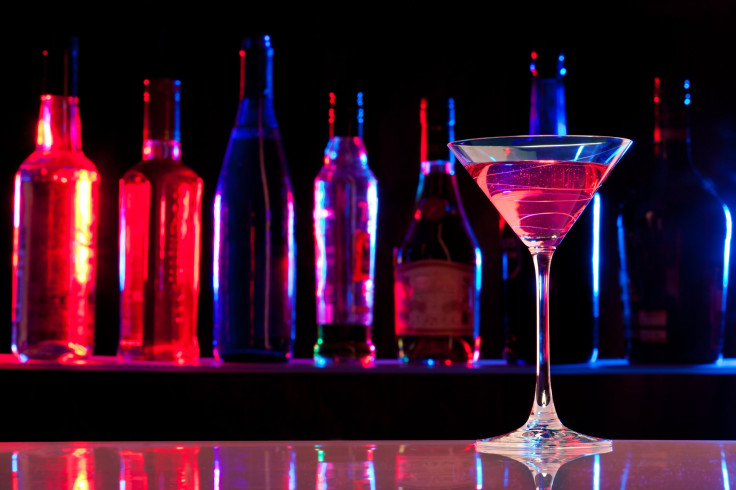Intoxicated Women Remember Less About A Sexual Assault But Not Any Less Accurately Than Those Sober

There are undoubtedly many misconceptions people hold about the reality of sexual assault. From the assumption that the majority of assaults are committed by strangers (it's the other way around) to the idea that those who commit sexual assault are regularly prosecuted for their crime (a 2012 study estimated less than three percent of people who commit forcible rape ever serve prison time for it).
Now, a recent study published in the journal Memory aims to debunk another such belief: that intoxication can dramatically worsen a sexual assault survivor’s memory of the event. Guiding women through a hypothetical scenario that ended in sexual assault, the study authors found that those who had drank alcohol at the time of the scenario were able to recall the event as accurately as those who hadn’t, though they offered up less details about it.
“Although compared to sober women, intoxicated women may remember less information, our results imply that when intoxicated women provide testimony, the information they provide is just as accurate as sober women, all other things being equal,” they concluded.
The authors enrolled 88 college-aged women to take part in a computer stimulation of a date with an attractive man. Over the course of 24 sentences displayed on the computer, the women were presented with a scenario where the man was at first friendly then tried to initiate sex with them (line 8 for instance depicting him going in for a kiss). If at any point during the interaction the woman chose to reject the man’s overtures, she was led to a separate “sub-scenario”, which described a legally definable act of rape committed against her. (If they didn’t, then the scenario simply described them having consensual sex)
The women were divided into three main groups: those given enough alcohol (via a vodka tonic) to render them legally drunk, those only given enough to make them tipsy, and those given a placebo drink. Additionally, each woman was randomly told that their drink was alcoholic or not, regardless of whether it actually was. After the scenario was over, the authors tested their memory of the event the next day and then four months later via an online multiple-choice test.
The researchers were ultimately left with 57 women who hadn’t consented during the scenario and completed both tests. Women who had drank heavily were more likely to answer “I don’t know” to questions asked about the scenario, but when they did answer, they were just as likely to be accurate as the other groups, regardless of whether it pertained to details about the rape itself or less important ones.
Interestingly, women who believed they had been drinking alcohol were generally more accurate than those who believed it was simply tonic water they had been drinking, which implies that women are more hypervigilant about their surroundings when they know they’re about to drink. And alcohol use didn’t make their experience any less emotionally distressing, which might similarly debunk the idea that a few drinks can make someone less affected by a non-consensual sexual encounter.
“Can women who were intoxicated during an event later provide accurate information about that event to police and prosecutors? Our data suggest the answer to this question is yes, at least under the circumstances we studied,” the authors wrote.
While there’s obviously some caveats behind their results, namely that a computer simulation can’t perfectly imitate an actual sexual assault, the authors believe that their research can begin to challenge the perception that an intoxicated victim’s memory is profoundly less reliable than a sober person’s.
Source: Flowe H, Takarangi M, Humphries J, et al. Alcohol and remembering a hypothetical sexual assault: Can people who were under the influence of alcohol during the event provide accurate testimony?. Memory. 2015.



























